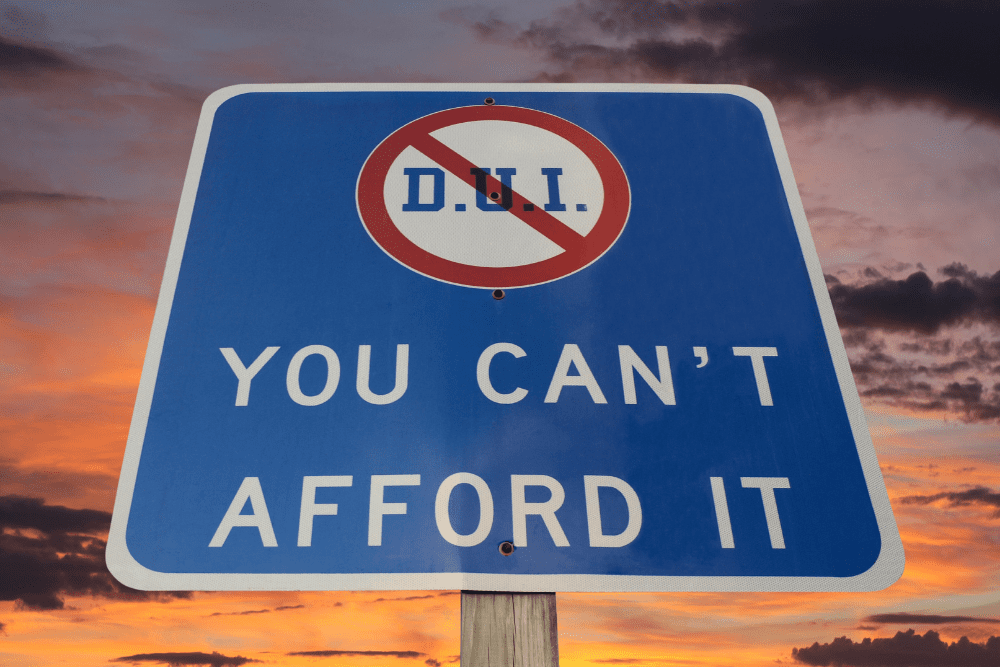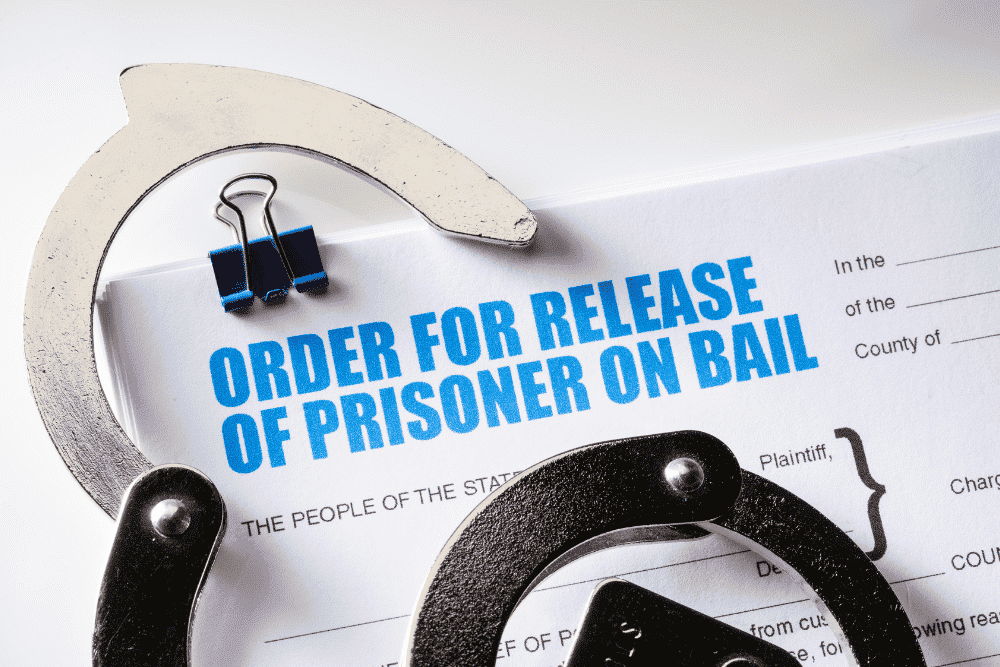- Home
- THE FIRM+
- Criminal Defense+
- CASE RESULTS
- AREAS WE SERVE+
- FAQ’s
- Blog
- Contact
AZHARI LLC BLOG

Posted By: Sami Azhari
Category:
Getting arrested for driving under the influence (DUI) once isn’t something anyone strives to do – let alone many times. Yet for some, DUI arrests do pile up, and the subsequent consequences can be steep.
A Chicago woman recently experienced the criminal justice system’s harsh reaction to multiple DUI offenses. After being arrested and charged with her sixth DUI, the judge set her bond at $100,000. That incredibly high amount was actually less than what the state advised – they wanted $250,000, since she was still on parole for an aggravated DUI in 2015.
Illinois takes charges and penalties for DUIs quite seriously. And while all suspects are innocent until proven guilty, it’s important to understand the gravity of DUI charges.
The court may issue an astronomical bond amount for such an offense. How do you navigate this unaffordable bail bond?
DUI Offenses in Illinois
Illinois defines a DUI when a driver over age 21 “operates a vehicle with a blood alcohol level of 0.08 or higher”. For drivers under 21, any amount of alcohol in your blood is illegal.
For a first DUI offense, the court may treat it as a simple mistake. The consequences tend to be much less severe compared to those with multiple DUI offenses.
Aggravated IL DUI Offenses
The third DUI offense is considered a Class 4 felony. That and any subsequent become aggravated offenses. As the counts rack up, the felony charges worsen:
- Fourth DUI = Class 2 felony
- Fifth DUI = Class 1 felony
- Sixth DUI = Class X felony
A Class 4 felony can be punished by:
- Up to three years in prison
- Revocation of your driver’s license
- Fines as much as $25,000
The penalties only heighten from there, culminating in up to 30 years behind bars for a Class X felony.
What Is a Bond?
In most DUI arrests, you get the opportunity to pay a bond that garners release from jail until the next court date. A bond is something of an insurance policy for the court to guarantee your return.
Bond/bail works in one of these ways:
- You pay a percentage of the bond in credit or cash
- A family member or friend pays the percentage of the bond or uses property as collateral for a deed bond
- You work with a commercial bail bondsman to pay a percentage of the bond that will not be returned
For bonds, whoever puts up collateral is referred to as “the surety”. If you fail to show up for court later, the surety assumes responsibility for the entire amount of the bond.
If neither you nor a family member have the resources to pay a bond percentage, hire an attorney to represent you. An attorney can file a motion to review the bond amount. This may succeed in lowering the bond so you can still gain release from custody.
About the Author
Sami Azhari has been working as a lawyer since 2007, after receiving his Juris Doctor from the Michigan State University College of Law. He has handled numerous state and federal cases, and is known throughout the Chicago and Rolling Meadows area for providing his clients with high-quality, skilled representation. He has been recognized by Avvo (2013 and 2018), SuperLawyers (2015-2020), The National Trial Lawyers, and other notable organizations, and has spoken at a number of legal conferences.


























































